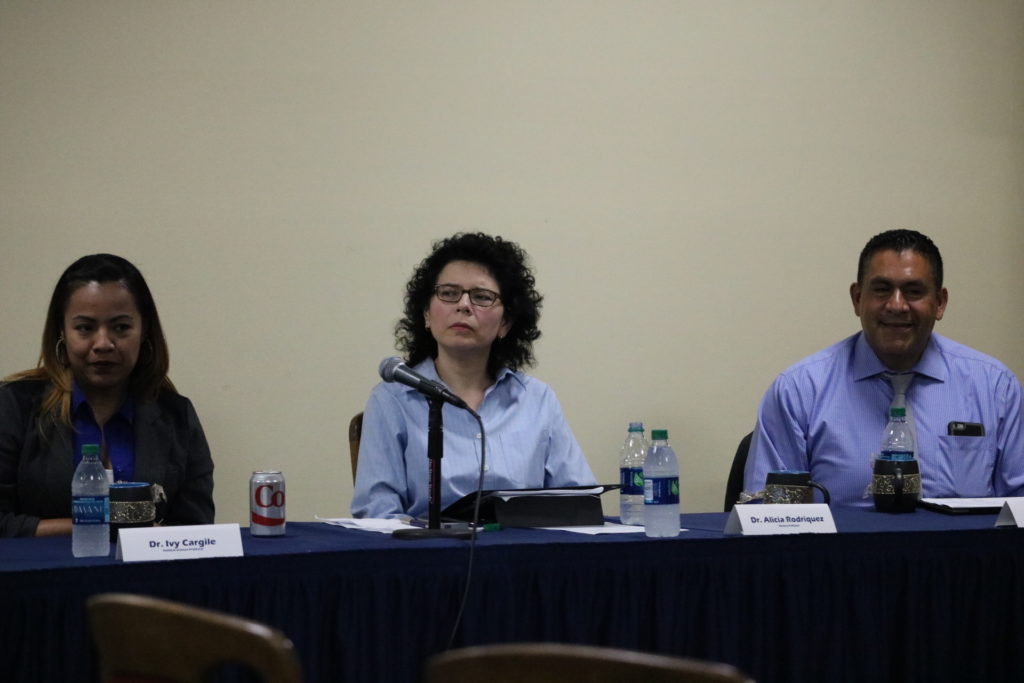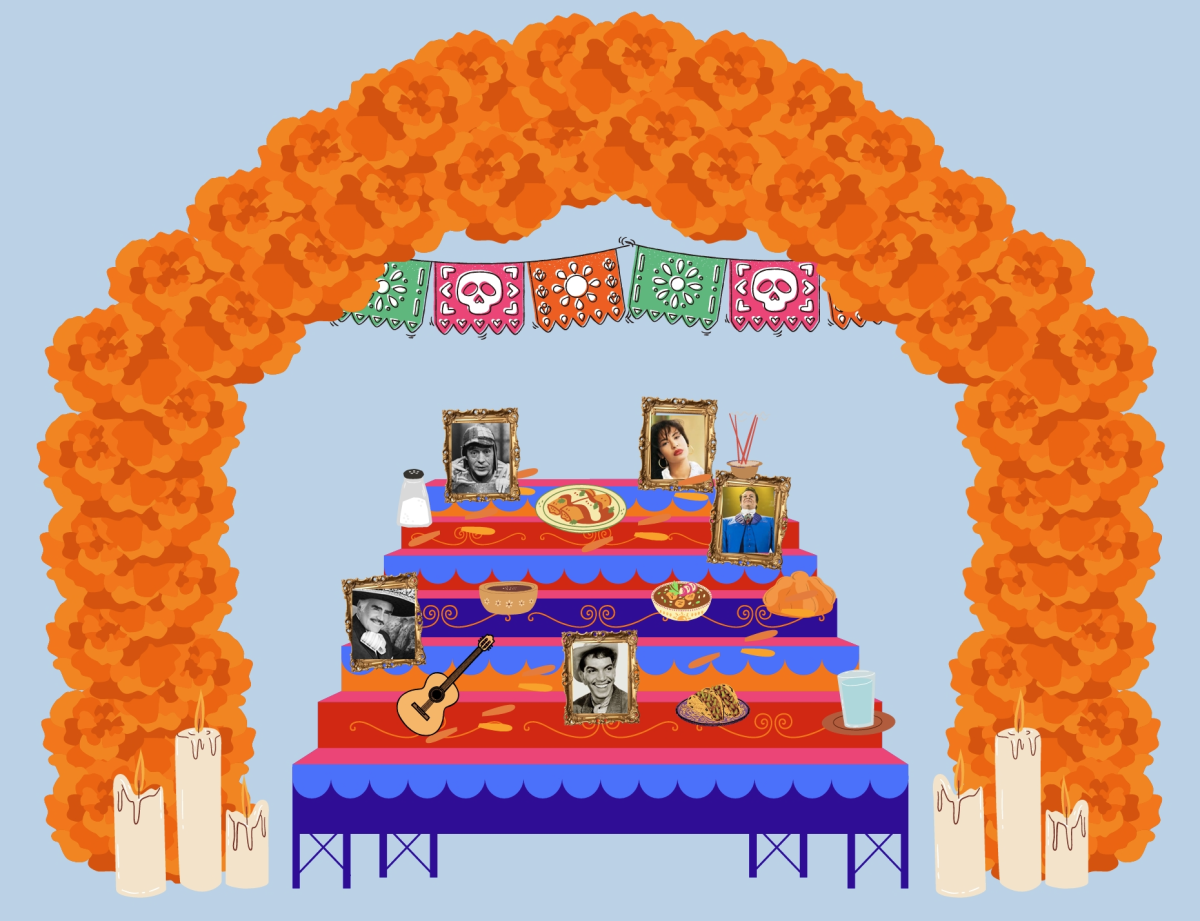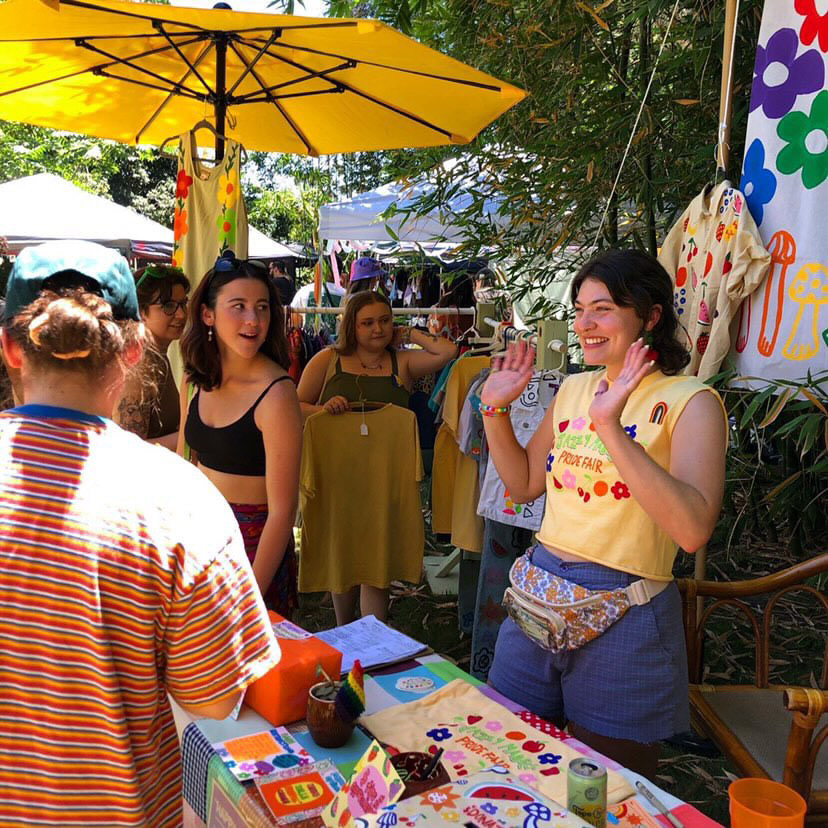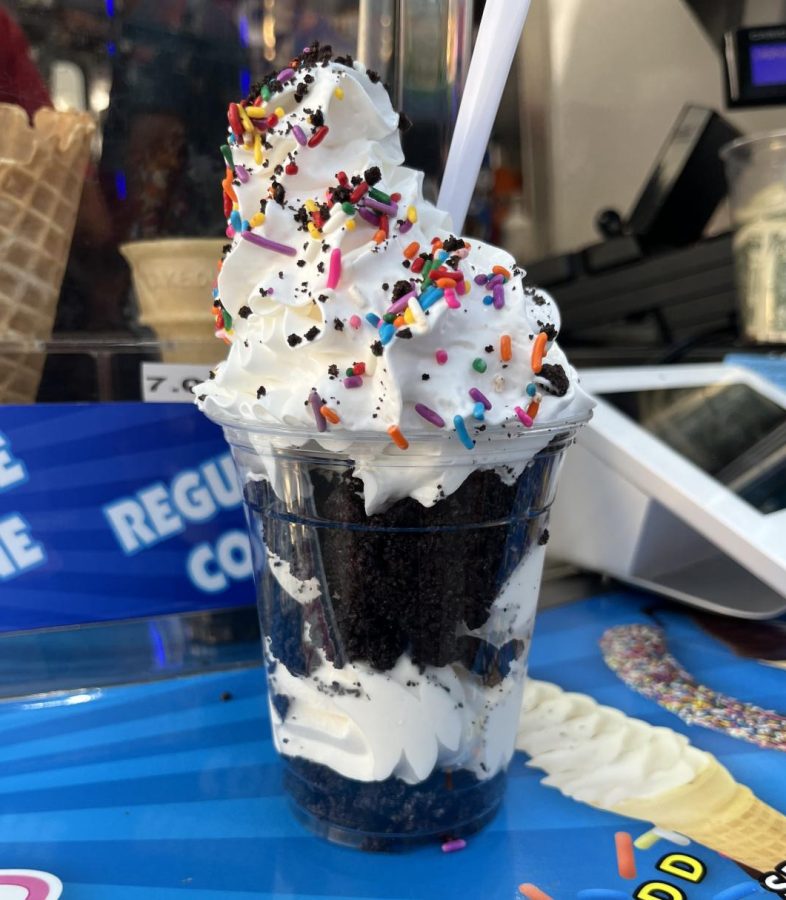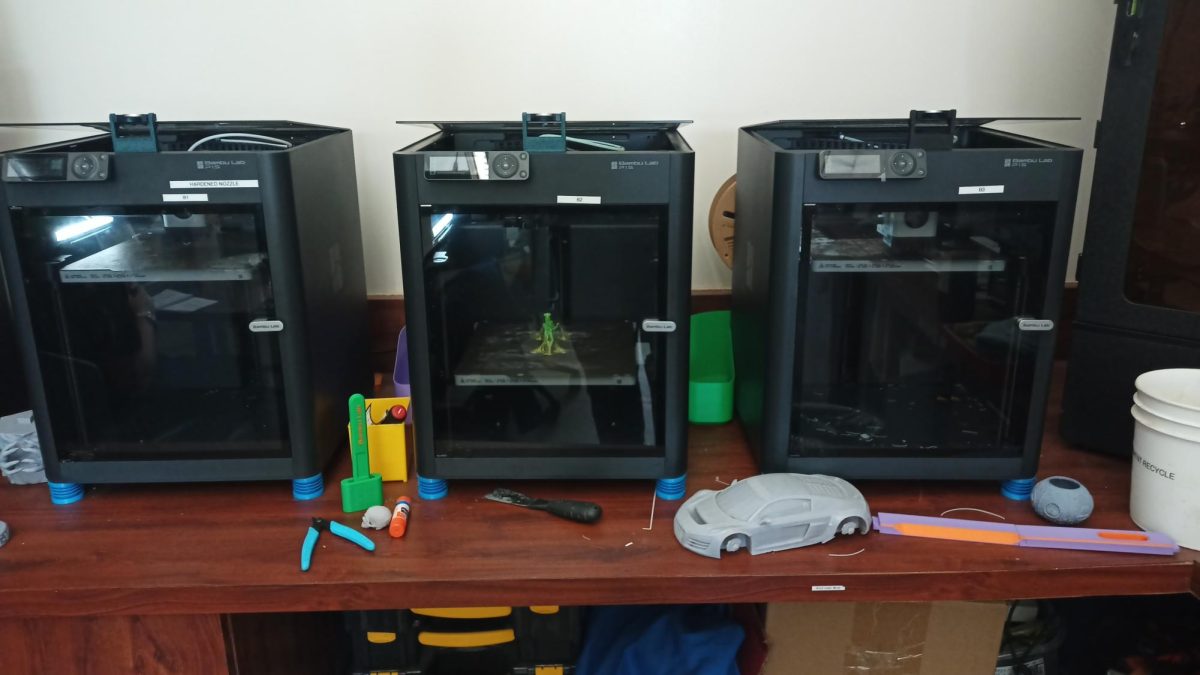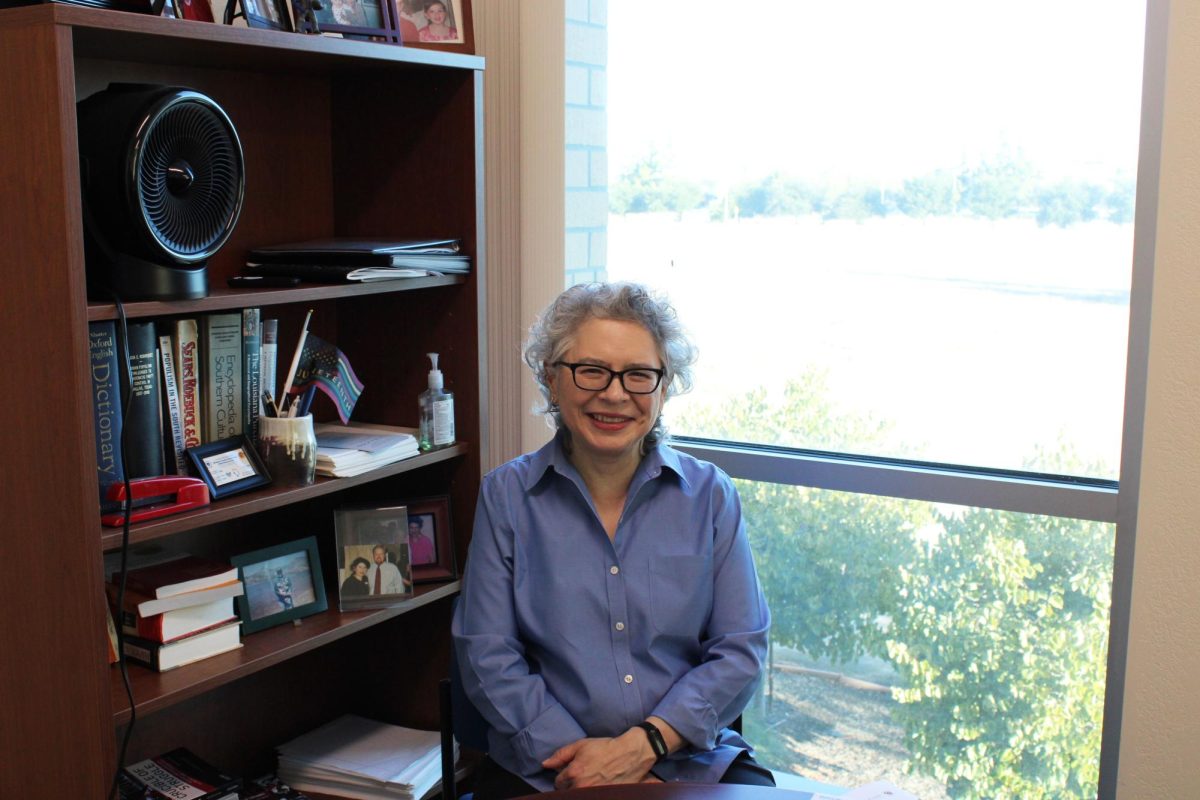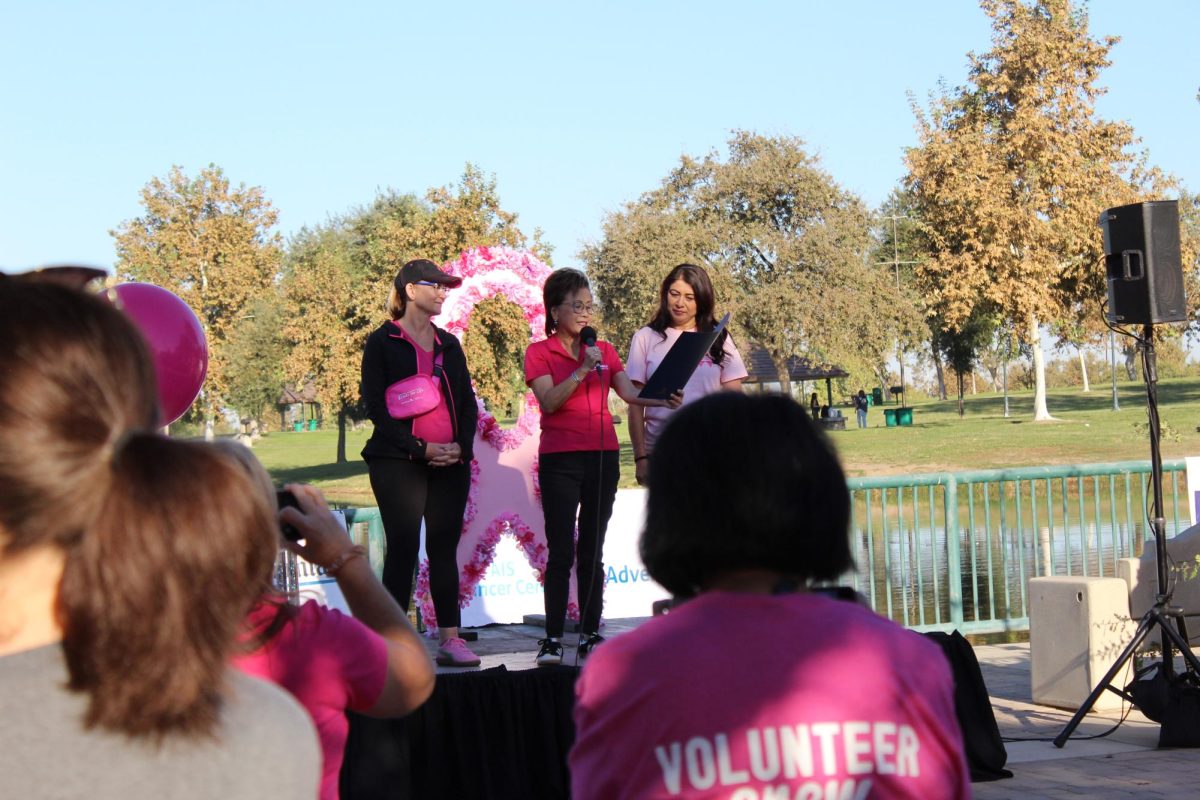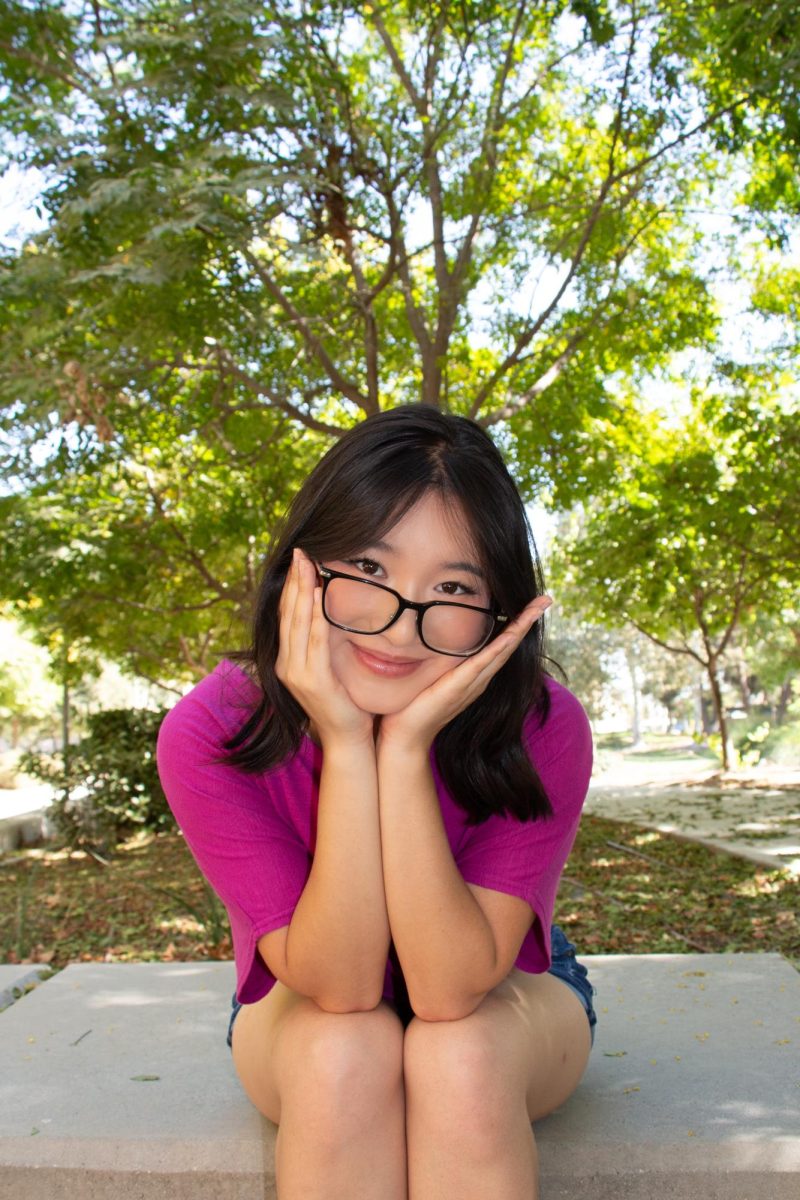By Marissa Patton
Reporter
The smell of fresh turkey sandwiches, chewy chocolate chip cookies and potato salad filled the CSU Bakersfield Stockdale Room on Thursday, Sept. 29. Students, professors, and President Horace Mitchell sat around tables in anticipation for the brown bag discussion of “Do You Speak Mexican?”
The event included a short video and panel of four individuals speaking on stereotypes. Each speaker in the panel was asked about their history and what racial stereotypes they have experienced. Mikel Torres, a student programming assistant at CSUB, spoke about his Spanish race and fluency in the language.
“I haven’t experienced many negative stereotypes,” said Torres. “Except that, most people don’t expect me to be able to speak Spanish.”
Torres explained his world as being a white Republican bubble. Having graduated from Frontier High School, Torres said he has only recently been able to find out his culture and discover who his true friends are.
Dr. Ivy Cargile, a political science professor, had more to say about her experiences. Certain stereotypes occurred in her politics class at Claremont Graduate University.
“I remember in 2008 we were all sitting in class and I was the only woman and woman of color,” she said. “And this was in California, LA County. I always got looks when I commented in class. Even when I knew the material.”
Cargile explained how her peers would ask her question about immigration and immigration laws, but not on politics. They didn’t expect her to be the expert because she didn’t look like everybody else.
This centralization on looks was still an issue when Cargile became a teacher. Students would come and say they didn’t know how to talk to her or how to be her student because she didn’t look like other professors.
“They’d say, ‘you speak Mexican?’ And I’d say, ‘Mexican is not a language. It’s an ethnicity, a community.’”
History professor Alicia Rodriguez also talked about her experience with stereotypes. Rodriguez is a Bakersfield native, having completed her undergraduate degree at CSUB and graduate degree at UC Santa Barbara.
“My parents’ didn’t graduate high school, and their first language was Spanish,” she said. “They had their mouth washed out with soap for speaking Spanish. I was fortunate to have friends and faculty that were very encouraging.”
Rodriguez recalled a stereotype during her graduate study in Texas. It was an exclusive area, and she received dirty looks from people in stores and around town.
“I was even told that I was really lucky I didn’t look Mexican,” she said. “And I’ve been mistaken for a kid’s babysitter.”
It’s either a babysitter or housekeeper according to Rodriguez. She explained how the current state of politics is very disturbing and the stereotype exposures, Ms. Housekeeper specifically, are alarming.
Associate Vice President of ITS Faust Gorham was the fourth speaker and gave insight through his background. A Mexican native and UC Davis graduate, Gorham said he wasn’t exposed to issues in the U.S. until he was 11 years old. Strong stereotypes appeared during his time at Davis.
“The campus was almost all Anglo and Asian,” Gorham said. “I really saw how people perceived me and that I was not what they expected. I was very alone even though I tried to build friendships.”
Gorham said there’s a crossroads where a lot of comments that haven’t gone away are still there, comments inciting elitism and classism.
“I just know my culture is very hard working, honor bound, and has a great love of family, food, and friends,” he stated. “That’s just who we are.”
The panel speakers agreed that the stereotypes provided in society aren’t true. They acknowledge that media is complacent in providing such false stereotypes.
“However grim times may be,” Rodriguez stated. “It’s important to remember that we are on a trajectory that continues to move forward.”



